Top Lists
Oldest Tribes In Nigeria
Nigeria is a multi-ethnic African country with numerous tribes and languages. Although the primary tribes of Nigeria are the Igbos, Yorubas, and Hausas, there are numerous minorities spread around the federation who are also citizens of the country. There were ancient tribes that existed prior to the founding of the unification of Nigeria in 1914, each with its own culture, a system of administration, and religious practice.
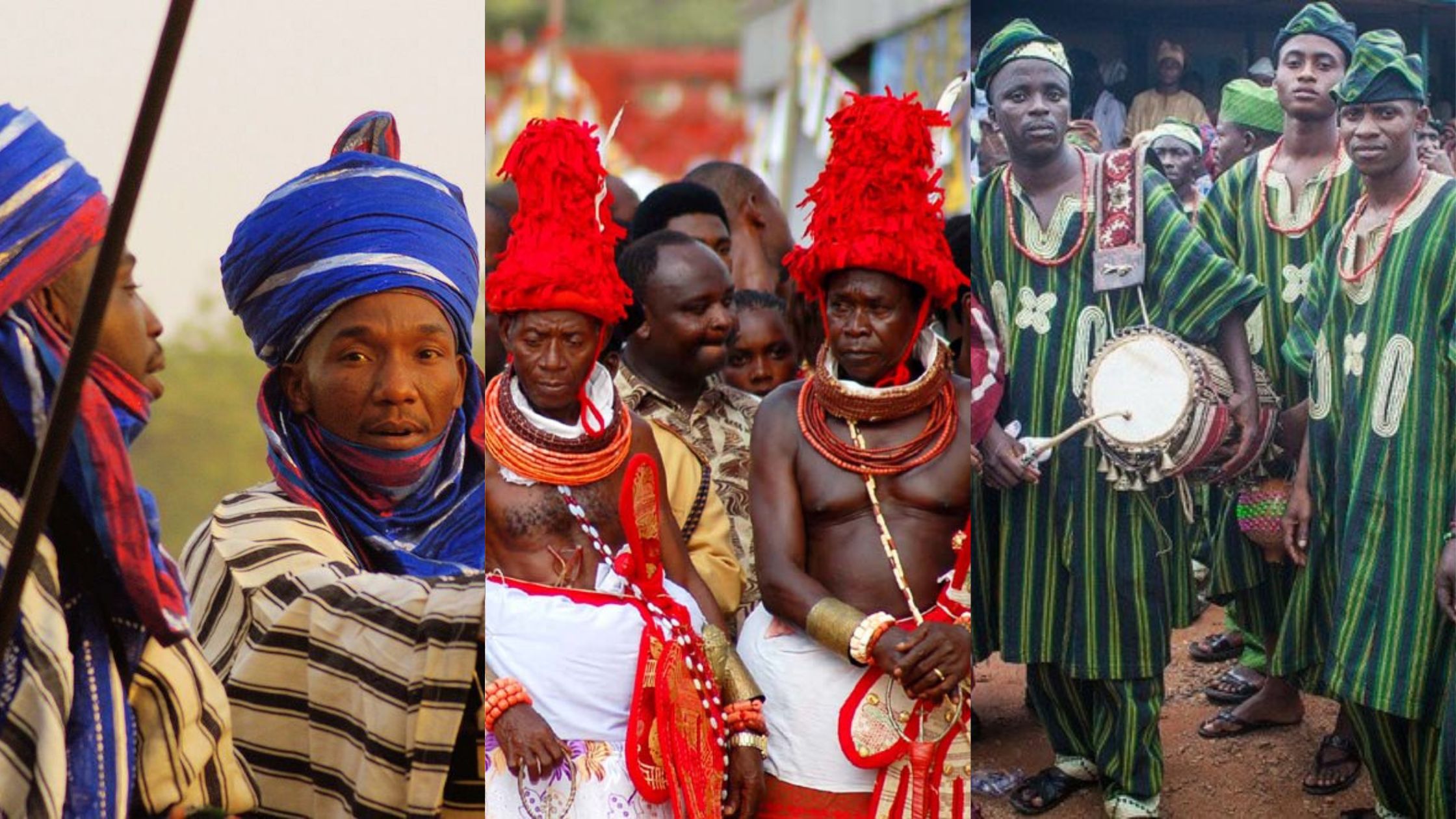
Nigeria is a multi-ethnic African country with numerous tribes and languages. Although the primary tribes of Nigeria are the Igbos, Yorubas, and Hausas, there are numerous minorities spread around the federation who are also citizens of the country. There were ancient tribes that existed prior to the founding of the unification of Nigeria in 1914, each with its own culture, a system of administration, and religious practice.
Before the year 1500, Nigeria’s modern settlement was separated into kingdoms rather than states, as it is today. These ancient kingdoms defined themselves by the names of ethnic groups. The Nupe Kingdom, Kanem-Borno Empire, Igala Kingdom, Igbo Kingdom of Nri, Oyo Empire, Kingdom of Ife, Benin Kingdom, and the Sokoto caliphate were among these early empires. Later in the nineteenth century, Christian missionaries brought the Portuguese and English to West Africa. The missionaries claim to have taught the indigenous peoples how to read and write.
In this article, we will look at ten of Nigeria’s oldest tribes and provide information about them. Please keep in mind that no one can pinpoint the precise tribe that claims to be the oldest, but we have data that prove that the ten tribes listed below are the oldest in the country today. Their ranking isn’t determined by any arbitrary criterion. Furthermore, we are simply arranging these tribes in an unofficial order. Let’s get into it.
1. Hausa Tribe
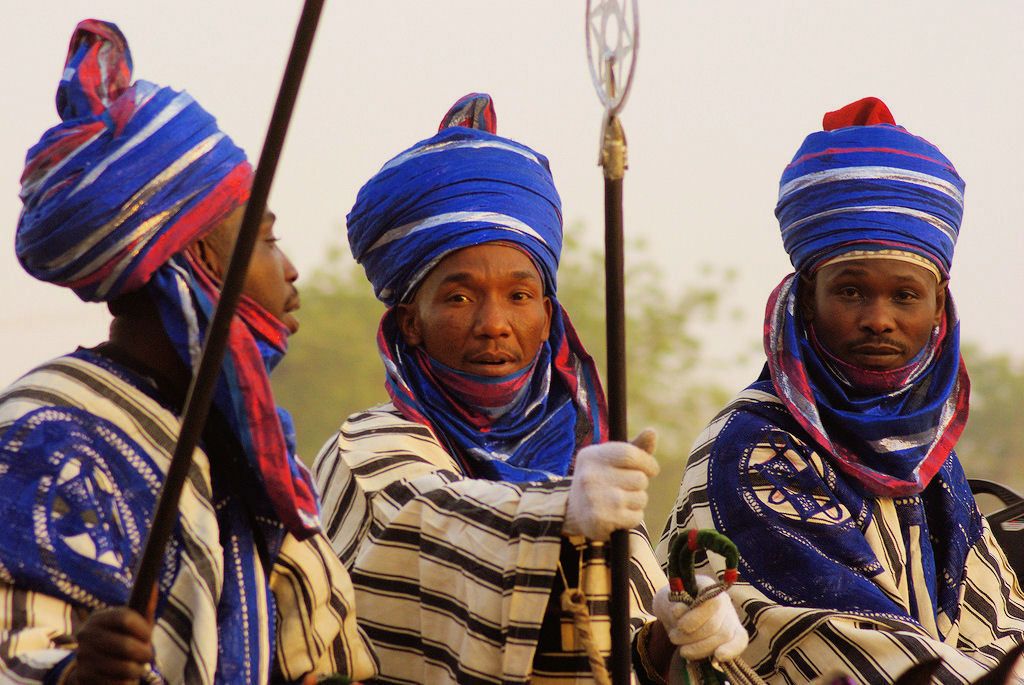
The Hausa are a native ethnic group in West Africa. They speak the Hausa language, which is the second most spoken language after Arabic in the Afro-Asiatic language family. The Hausa are a culturally homogeneous people based primarily in the Sahelian and the sparse savanna areas of southern Niger and northern Nigeria respectively, numbering around 76 million people with significant indigenized populations in Benin, Cameroon, Ivory Coast, Chad, Sudan, Central African Republic, Republic of the Congo, Togo, Ghana, Eritrea, Equatorial Guinea, Gabon, Senegal and the Gambia.
The Hausas boast of a long history that predates the establishment of the Sokoto Caliphate in the 19th century. This tribe has its roots tracing back to the ancient city-states of Kano, Katsina, and Zazzau, where they developed a flourishing trade and cultural exchange network.
2. Yoruba Tribe
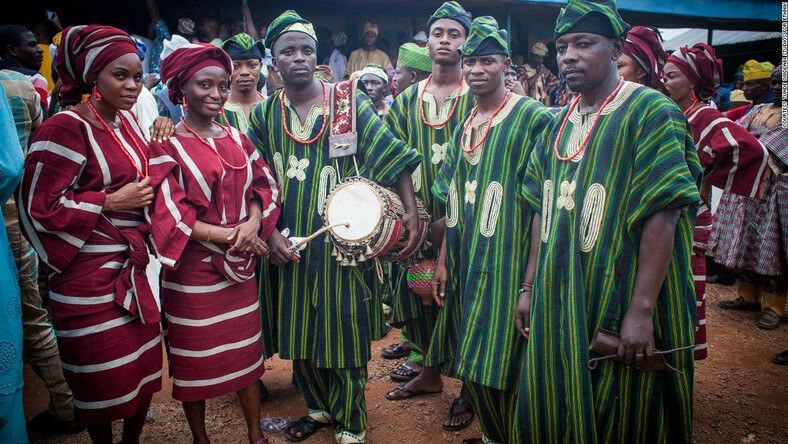
The Yoruba people have also been around for a long time with their history dating back centuries. The city of Ife is often regarded as the ancestral home of the Yoruba, where intricate bronze and terracotta sculptures reveal their artistic achievements. The Yoruba tribe is also popular for having urban cities centuries before the British invasion. These cities were built like fortresses with high walls and gates.
The Yoruba people are a West African ethnic group who mainly inhabit parts of Nigeria, Benin, and Togo. The areas of these countries primarily inhabited by the Yoruba are often collectively referred to as Yorubaland. The Yoruba constitute more than 52 million people in Africa, are over a million outside the continent, and bear further representation among members of the African diaspora. The vast majority of the Yoruba population is today within the country of Nigeria, where they make up 21% of the country’s population according to CIA estimations, making them one of the largest ethnic groups in Africa.
Yoruba cities have always been among the most populous in Africa. For a long time, Ibadan, one of the major Yoruba cities founded in the 1800s, was also the largest metropolis in Sub-Saharan Africa. Today, Lagos, another prominent Yoruba metropolis, is Africa’s largest city.
3. Benin Tribe
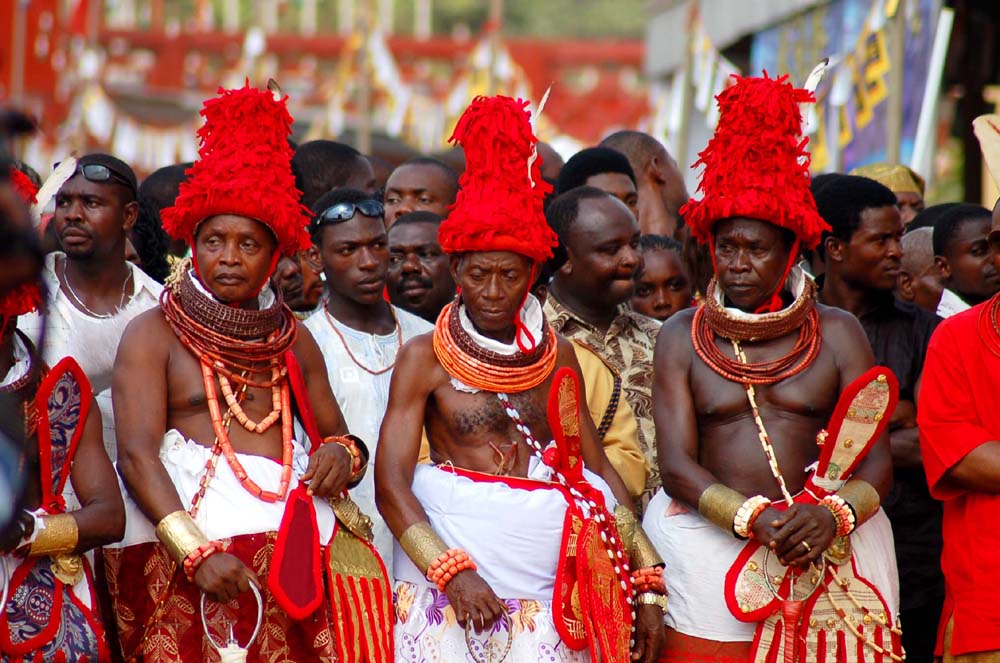
The Edo tribe, sometimes referred to as the Bini (Benin) people, are one of the oldest tribes in Nigeria, they are an Edoid-speaking ethnic group who predominantly reside in 7 southern local government areas of the State of Edo, Nigeria. They are speakers of the Edo language and are the descendants of the founders of the Benin Kingdom. They are closely related to other ethnic groups that speak Edoid languages, such as the Esan, the Etsakọ, the Isoko, and the Urhobo.
The name “Benin” (and “Bini”) is a Portuguese corruption of the word “Ubini,” which was first used around 1440 during the reign of Oba (ruler) Ewuare the Great. Many related groups exist in Edo’s immediate surroundings, which are also constrained by political and administrative boundaries. The majority of these organisations may be traced back to mediaeval Benin City.
4. Igbo Tribe
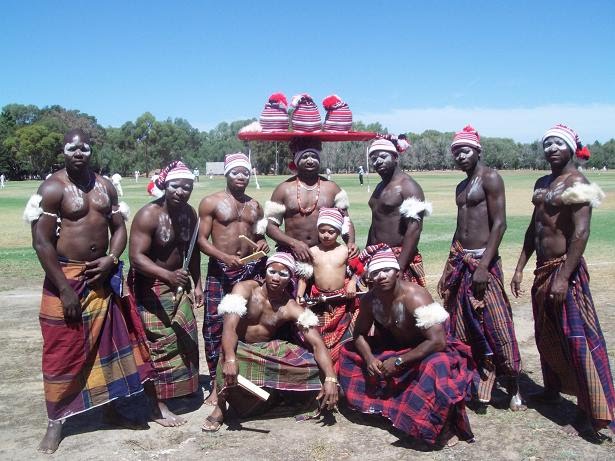
The Igbo are also among Nigeria’s oldest tribes. They are a meta-ethnic group from what is now southern and southeastern Nigeria. One of Africa’s most prevalent ethnic groupings is the Igbo. The Igbo language is part of the Niger-Congo linguistic family.
The Igbo people’s origins have been the topic of much speculation, as it is unclear how the community came to be. Before British colonial power in the twentieth century, the Igbo were a politically divided nation. Following decolonization, the Igbo developed a strong sense of ethnic identity. During the Nigerian Civil War (1967–1970), the Igbo territories seceded as the short-lived Republic of Biafra.
5. Ijaw Tribe
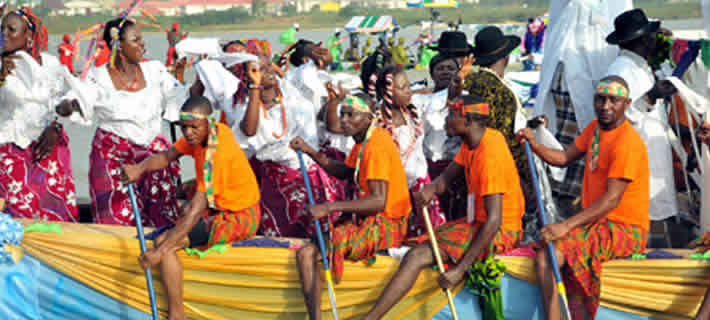
The Ijaw people, otherwise known as the Ijo people, are an ethnic group found in the Niger Delta in Nigeria, with significant population clusters in Bayelsa, Delta, and Rivers. They also occupy Edo, Ondo, and parts of Akwa Ibom. They account for over 9% of the Nigerian population. The Ijaws are unarguably the most populous tribe inhabiting the Niger Delta region and arguably the fourth-largest ethnic group in Nigeria.
The Ijaws number slightly more than 10 million people, accounting for 1.8 per cent of Nigeria’s population.
The Ijaws have been present in Nigeria’s Niger Delta region since 500 BCE, making them the country’s and one of the world’s oldest tribes.
6. Kanuri Tribe
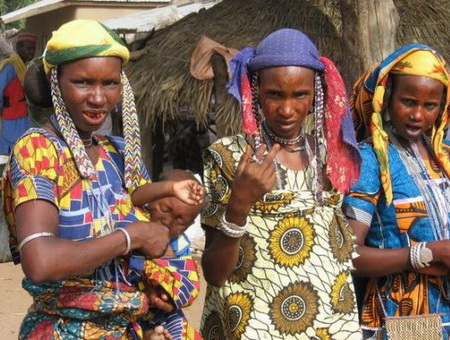
The Kanuri people are an African ethnic group living largely in the lands of the former Kanem and Bornu Empires in Niger, Nigeria, Sudan, Libya and Cameroon. Those generally termed Kanuri include several subgroups and dialect groups, some of whom identify as distinct from the Kanuri. Most trace their origins to ruling lineages of the medieval Kanem-Bornu Empire, and its client states or provinces.
The ceremonial Emirate of Bornu can be traced back to the Kanem-Bornu Empire, which was established approximately 1000 CE. According to Kanuri tradition, in the ninth century, Sef, the son of Yemen’s Dhu Ifazan, arrived in Kanem and established the Sayfawa dynasty. Evidence of indigenous state development dates back to roughly 800 BCE at Zilum in the Lake Chad region.
7. Nupe Tribe
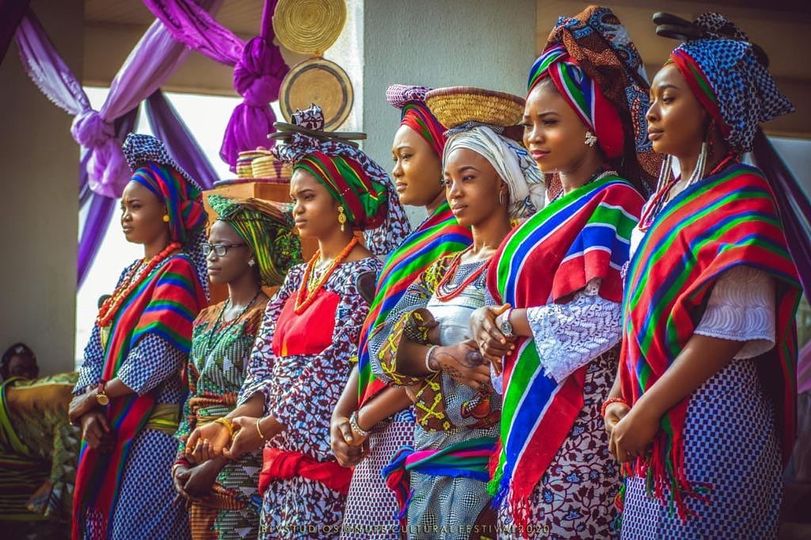
The Nupe is an ethnic group native to the North Central of Nigeria. They are the dominant ethnic group in Niger State and a minority in Kwara State. The Nupe are also present in Kogi State and The Federal Capital Territory.
The majority of the history learnt about this ancient country was based on oral traditions. Around 1770, Ruler Jibiri is supposed to have been the first Nupe king to accept Islam. Ma’azu ruled the Nupe kingdom during its golden age in the 1800s. Following Ma’azu’s death, the Fulani conquest of Northern Nigeria through further conflicts led to the Nupe Kingdom’s subjugation and incorporation into the Gwandu Emirate. Currently, the Nupe people speak dialects such as Bassa-Nge, Kupa, Kakanda, Dibo/Abawa, and Gana-Gana.
8. Igala Tribe
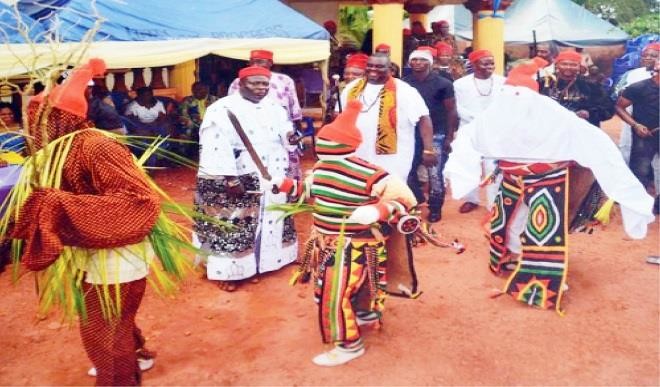
The Igala people are an ethnicity located in the region south of the confluence of the Niger and Benue Rivers. They are located in an ecologically diverse region of Nigeria, ideal for farming a wide array of crops, and have been influenced by many surrounding cultures. The Igala kingdom is ruled ceremonially and culturally by the Attah and has a long history of political warfare with neighbouring groups along the Benue.
The Igala kingdom originated in the 16th century, making them one of the country’s oldest tribes. The old Igala Kingdom was formed in the 16th century by Abutu-Eje and was administered by nine high officers known as the “Igala Mela.” These guys were regarded as the keepers of the sacred Earth shrine.
9. Ebira Tribe

The Ebira are an ethnolinguistic group from central Nigeria. Many Ebira people are from Kogi, Kwara, Nasarawa, and Edo states. During the takeover of the Hausa nation by the army of religious and political leader Uthman Dan Fodio, this ancient Nigerian clan clashed with Fulani warlords to the north and west. Igu (Koton Large) and Igu (Koton Small) were established in the mid-nineteenth century. Between 1865 and 1880, they fought alongside jihadists from Bida and Ilorin. In contrast, the Fulanis did not conquer the Ebiras. Their steep terrain’s inherent safeguards benefited them in part.
10. Efik-Ibiobio Tribe

The Ibibio people live on the southern Nigerian coast. They are mostly found in Akwa Ibom and Cross River states. They are related to the Annang and Efik peoples. Efik-Ibibio is a significant dialect cluster in the Cross River branch of Benue–Congo.
The Ibibio people are the oldest of all Nigerian ethnic groups, living in the palm belt of southeast Nigeria. The Ibibio are said to have been the first people to settle in southern Nigeria. They are believed to have arrived at their current site around 7000 B.C. Regardless of historical evidence, it is unknown when the Ibibio first came into the state.
More Articles on RNN
- Top 10 Richest Tribes in Nigeria and Their Billionaires
- Unselfish reasons not to have kids
- Top 10 Evil People in The Whole of History
- 9 Most Controversial Tourist Attractions
